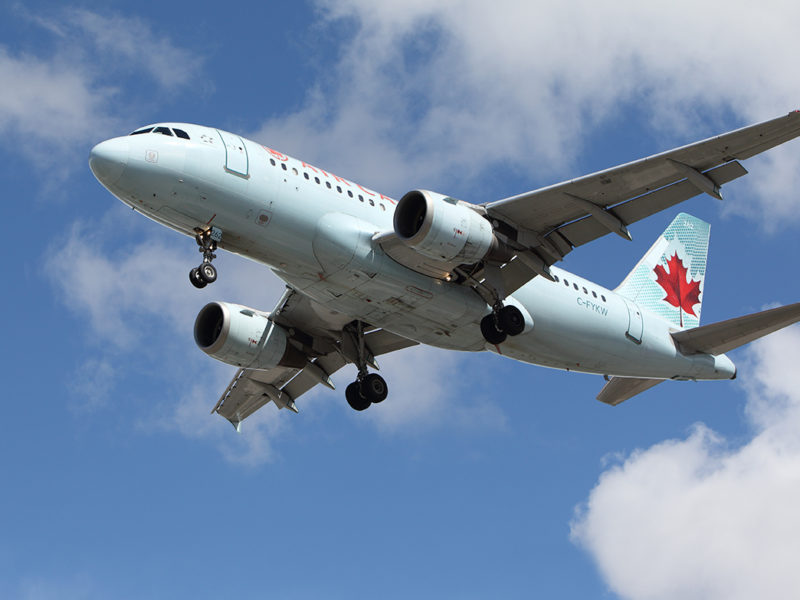New international travel restrictions have farm employers scrambling to arrange charter flights for workers, making it a numbers game that hinges on having enough workers for flights to be viable.
Air Canada, WestJet, Sunwing and Air Transat announced January 29 a voluntary suspension of all service to the Caribbean and Mexico from January 31 until April 30. While flights will be available for repatriating travellers currently in those destinations, the cuts effectively limit in-bound traffic too.
Mexico’s national carrier, Aeroméxico, also announced that it would suspend commercial flights to Canada beginning February 7, further limiting options for workers from Central America planning to travel to Canada.
In addition, the federal government now requires all incoming international passenger flights land at Vancouver, Calgary, Toronto or Montreal.
The federal agriculture minister’s office called Country Life in BC to say the new restrictions would not impact incoming foreign workers. However, the effect on departing workers had not been considered.
According to the Western Agriculture Labour Initiative, “there may not be other options to return south until May.”
WALI program manager Veronica Moreno said the new restrictions create “challenging” conditions both employers and workers. WALI is working with Mi Tierra to arrange charter flights, but reduced air capacity makes this challenging.
“The main issue for employers is getting enough workers to book a charter,” Moreno said. “We’re working as fast as we can.”
Moreno added that a host of issues complicates arrangements for incoming workers – who need to obtain a negative test for COVID-19 within 72 hours of departure – as well as departing workers, who face local protocols when landing in Mexico for travel onwards to Guatemala and points south.
To date, 698 foreign seasonal workers have arrived to work on BC farms, of which 493 have completed their mandatory 14-day quarantine and started work. Provincial funding covers the cost of meals, lodging and laundry during the quarantine period to the tune of approximately $3,000 per worker.


 Genomics lab expands service to local growers
Genomics lab expands service to local growers